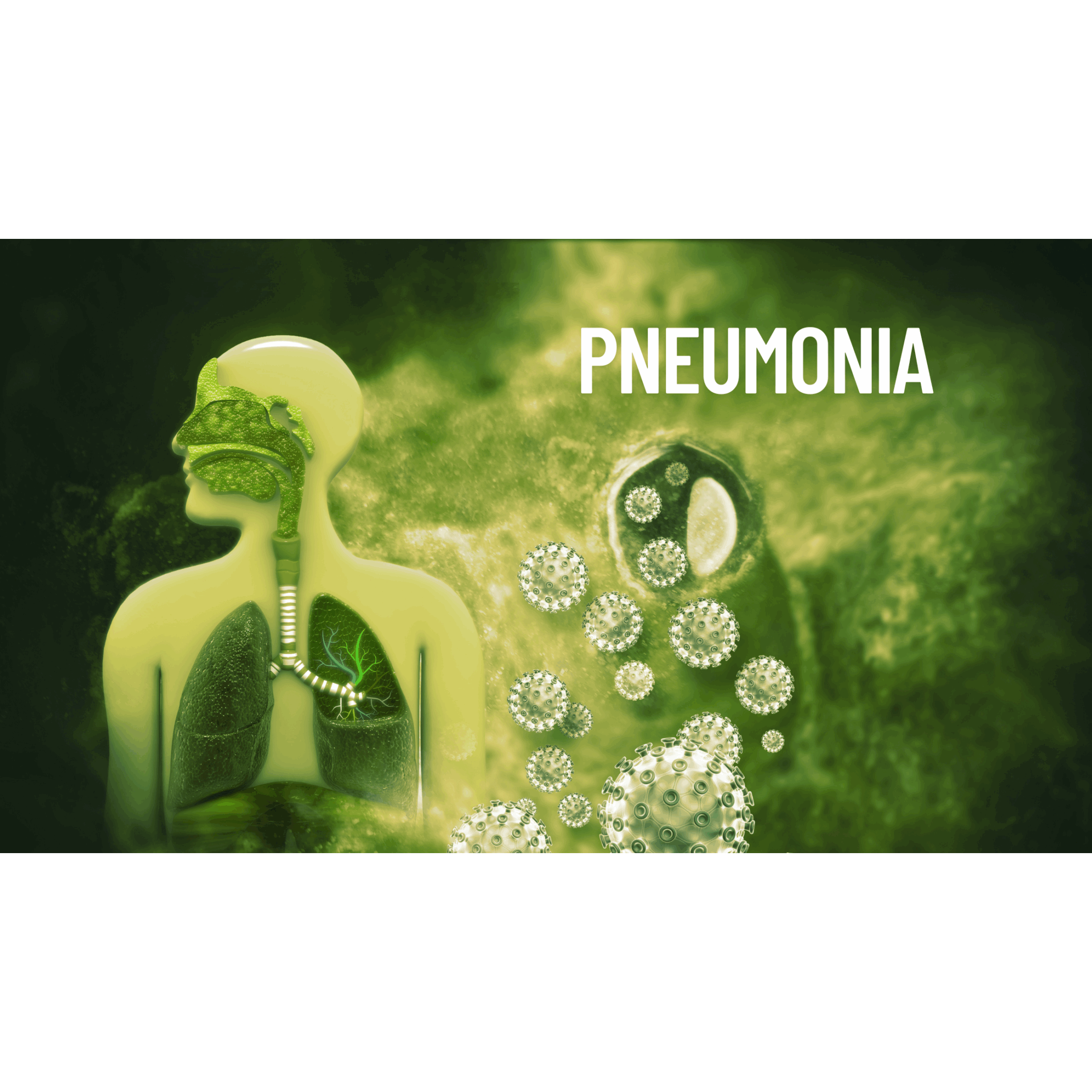+918042782195

This is your website preview.
Currently it only shows your basic business info. Start adding relevant business details such as description, images and products or services to gain your customers attention by using Boost 360 android app / iOS App / web portal.
Pneumonia Specialist Doctor in Mumbai

Pneumonia Specialist Doctor in Mumbai Pneumonia Specialist Doctor in Marine lines Pneumonia Specialist Doctor in Charni Road Pneumonia Specialist Doctor in grant road Pneumonia Specialist Doctor in Mahalaxmi Pneumonia Specialist Doctor in Lower Parel Pneumonia Specialist Doctor in Prabhadevi Pneumonia Specialist Doctor in Mumbai Central Pneumonia Specialist Doctor in Dadar Pneumonia Specialist Doctor in bandra Pneumonia Specialist Doctor in andheri Pneumonia Specialist Doctor in borivali Pneumonia Specialist Doctor in dahisar Pneumonia Specialist Doctor in Mira Road Pneumonia Specialist Doctor in Bhayandar Pneumonia Specialist Doctor in Vasai Pneumonia Specialist Doctor in Nallasopara Pneumonia Specialist Doctor in Virar Pneumonia is a serious respiratory infection that affects the lungs, causing inflammation in the air sacs, also known as alveoli. This condition can be caused by a variety of pathogens, including bacteria, viruses, and fungi. Pneumonia can be a life-threatening illness, especially for those with weakened immune systems, young children, and the elderly. In this blog post, we will discuss the symptoms, transmission, treatment, and prevention of pneumonia. Symptoms of Pneumonia: Pneumonia can present with a variety of symptoms, which can range from mild to severe. Some common symptoms of pneumonia include:- Coughing, which may produce thick yellow, green, or blood-tinged mucus – Fever, with an accompanying chills and sweating – Shortness of breath or difficulty breathing – Chest pain, especially when breathing or coughing – Fatigue and weakness – Nausea, vomiting, or diarrhea. In severe cases, pneumonia can lead to complications such as sepsis, respiratory failure, and organ damage. It is important to seek medical attention if you experience any of these symptoms, especially if they are persistent or worsening. Transmission of Pneumonia: Pneumonia can be spread through respiratory droplets, which are released into the air when an infected person coughs or sneezes. These droplets can be inhaled by others, leading to the transmission of the infection. Pneumonia can also be acquired through contact with contaminated surfaces or objects, as the pathogens responsible for the infection can survive on surfaces for extended periods. Individuals who are at higher risk of developing pneumonia include those who smoke, have a weakened immune system, or live in crowded or unsanitary conditions. It is important to practice good hygiene, such as frequent handwashing, covering your mouth and nose when coughing or sneezing, and avoiding close contact with individuals who are sick, to reduce the risk of transmission. Treatment of Pneumonia: The treatment for pneumonia depends on the underlying cause of the infection. In cases of bacterial pneumonia, antibiotics are typically prescribed to target the specific bacteria responsible for the infection. It is important to complete the full course of antibiotics as prescribed by your healthcare provider, even if you start feeling better before finishing the medication. For viral pneumonia, antiviral medications may be prescribed to help reduce the severity and duration of the infection. In some cases, supportive care may be necessary, such as oxygen therapy, fluids, and rest. It is important to follow your healthcare provider’s recommendations for treatment and to seek medical attention if your symptoms worsen or do not improve. Prevention of Pneumonia: There are several measures that can be taken to reduce the risk of developing pneumonia. Some key prevention strategies include: – Getting vaccinated: Vaccines are available to protect against certain pathogens that can cause pneumonia, such as the pneumococcal vaccine and the influenza vaccine. It is important to stay up-to-date on your vaccinations to reduce the risk of infection. – Practicing good hygiene: Wash your hands frequently with soap and water, especially before eating or touching your face. Avoid close contact with individuals who are sick, and cover your mouth and nose when coughing or sneezing. – Quitting smoking: Smoking can weaken the immune system and damage the lungs, making individuals more susceptible to respiratory infections such as pneumonia. Quitting smoking can help reduce the risk of developing pneumonia and other respiratory illnesses. – Maintaining a healthy lifestyle: Eating a balanced diet, getting regular exercise, and managing chronic conditions such as diabetes or asthma can help support a healthy immune system and reduce the risk of developing pneumonia. In conclusion, pneumonia is a serious respiratory infection that can have severe consequences if left untreated. It is important to be aware of the symptoms of pneumonia, such as coughing, fever, shortness of breath, and chest pain, and to seek medical attention if you experience these symptoms. By practicing good hygiene, getting vaccinated, and leading a healthy lifestyle, you can help reduce the risk of developing pneumonia and protect your respiratory health. Remember, prevention is key when it comes to protecting yourself and others from respiratory infections like pneumonia.

